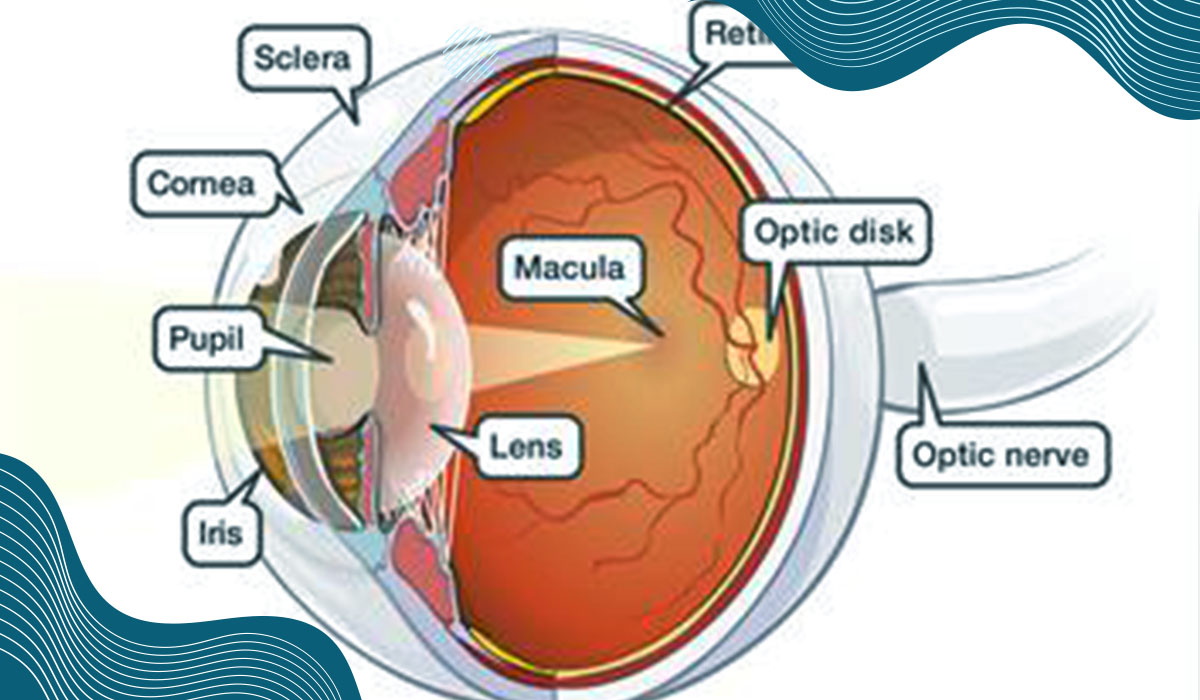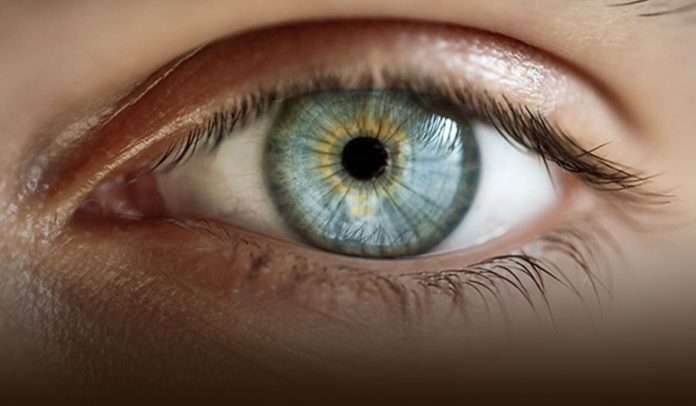The term macular Degeneration also recognized as age-related macular degeneration (ARMD). It is a medical disorder that may result in no vision or blurred in the center of the visual field. The condition is most common in people older than fifty, and it damages a small part of primary nerve cells at the back of the eye. These nerve cells form the macula, also, these are responsible for giving you clear, straight-ahead vision.
Macular degeneration is a painless progressive loss of vision. The dry form affects the vision very slowly over time. Once it’s the wet form, it can cause a suddenly noticed loss of vision. Contact Dr. Garfinkle at Ohio Eye to book an appointment today. https://t.co/DcbztRb9wJ pic.twitter.com/pI0WM2Rzyq
— Ohio Eye Alliance (@OhioEyeAlliance) July 7, 2020
Macular degeneration may affect single or both eyes. In several cases, vision loss usually happens slowly over time. Visual hallucinations may occur in some patients, while these do not represent a mental illness. The disorder affected around 6.2 million people worldwide in 2015, and in 2013 it was the 4th most common reason for blindness after three major causes such as contracts, preterm birth, and glaucoma. Knowing more about the particular illness can help identify the risks, one must take steps to prevent it, identify the symptoms, and seek early intervention. Here below, we are going to discuss some major factors.
The disorder linked to both genetic as well as an environmental factor
Researchers are still unaware of the specific cause of molecular degeneration as for some people, and it may occur with the increasing age factor. Whereas, it may also relate to genes in some other cases. One may be at more risk if he has a family background of macular degeneration. On the other side, other unhealthy habits, such as smoking, overweight may increase the chances of getting the condition. Similarly, high cholesterol levels or high blood pressure also intensifies the risk of catching the illness. On should manage these conditions for his general health, including vision.
Some stages and types of macular degeneration
If one visits his eye doctor regularly, the doctor may describe macular degeneration as:
- Early
- Intermediate
- Late
In the early stages of this condition, usually, no symptoms appear while during the intermediate stage, some symptoms may appear. The illness can take about ten years for an early stage to progress to the late stage. The late-stage can bet dry or wet; the dry type of disorder causes a slow loss of central vision, whereas the wet type is less common. It causes a quick loss of the central vision of the patient.
Earlier treatment may help to save vision
Until now, there is no cure for macular degeneration in medical research. Still, one can save some of his vision by keeping in some points in his mind. Diet supplements and lifestyle changes are the only treatments for preventing early, intermediate, and dry macular degeneration. On the other hand, wet macular degeneration may treat with the help of painlessly injecting medication into the eye. One can also try laser surgery as another option for wet type. These treatments may prevent patients from further vision changes.
It causes loss of central vision
The key symptom of the illness is not a complete loss of vision. Instead, one may experience blurred or blank spots in front of him. One may face difficulties to read small print or need additional light to read clearly. Moreover, one may also notice colors seem less bright or straight lines look bent or crooked.
Prevention strategies from Macular Degeneration
One may be able to lower his risk of growing macular degeneration or slow its development. Work with an eye doctor to get to a healthy weight. Control cholesterol and blood pressure if they are high. A person should add lots of leafy green vegetables and fish to a routine diet. Ask a doctor before taking supplements rich in antioxidants because they may slow down the disease progression. Furthermore, one should quit smoking as it has negative effects throughout the human body, including eyes.

Source: Web
Use Vision rehabilitation tools to overcome low vision
As it is a common practice that macular degeneration doesn’t cause blindness. Instead, it may lead to low vision. It is vision loss that can’t adjust with surgery or regular glasses. It will make the everyday task difficult for a person to do, but one can facilitate himself with vision rehabilitation. Moreover, it could include working with a vision experts’ team along with using low-vision aids. Audiobooks, magnifying devices, special lights, and talking clocks are very useful for these patients.
Read Also: Bacteria Can Build or Spoil the Human’s Mind



